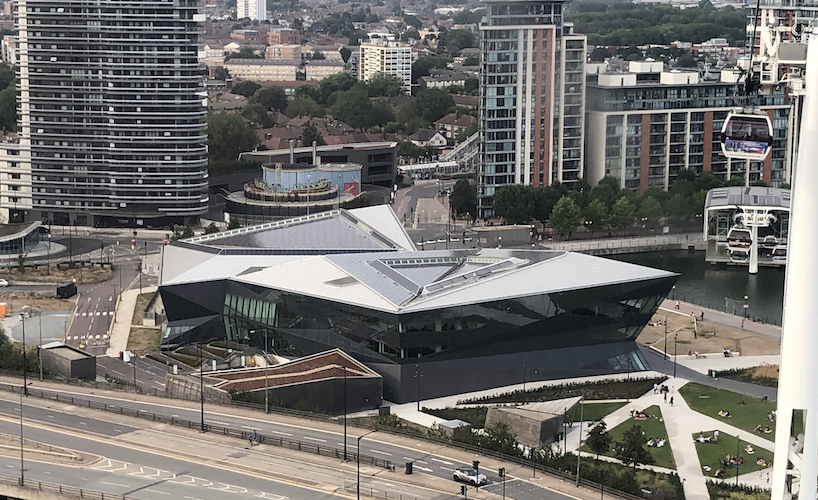On the face of it, a contradiction nestled among the responses to Redfield and Wilton’s marvellous poll of Londoners, devised in partnership with On London and published last week. It concerned the among of power a Mayor of London – any Mayor of London – should have and over which areas of policy.
There was a straightforward, general question about the principle of Mayors being given “more power and control over how London is run”. Did Londoners think their Mayors should or shouldn’t have more of that stuff? A sturdy 64 per cent thought they should (23 per cent “strongly”). A puny 13 per cent thought not.

When asked a more specific question about the power London government as a whole should have – meaning Mayors and the 32 borough leaders (or Mayors) – the pro-feeling was still more substantial. Asked if those politicians should have “greater powers to help young people get the skills they need to find good jobs”, 74 per cent agreed and a mere seven per cent didn’t.

Both results hint at a resounding Londoner majority for greater devolution of decision-making power from central government, certainly to regional level – meaning the Mayor – and perhaps to borough level too.
But the survey explored views about the devolution issue from another angle too. It listed 11 policy areas (not including skills) and asked respondents to say if they thought the Prime Minister and Westminster should have “the most power and responsibility with respect to London” or the Mayor and the London Assembly.
In only three of the 11 did the Mayor and Assembly come out on top: policing, housing and, in particular, transport. Perhaps significantly, these are three in which Mayors have the most power at present.
In the eight areas where the PM and Westminster came out on top, the margins varied greatly. With environmental policy, for example – where Mayors have quite a bit of influence, especially where cleaner transport is concerned – the outcome was 45 per cent to 44 per cent.
At the other end of the scale, 61 per cent of Londoners thought the PM and Westminster should have the most power and responsibility for taxation, compared to just 27 per cent who thought City Hall should. Only on immigration was the gap wider.
What should we conclude from all this? On the one hand, the general idea of Mayors having more power and responsibility appealed to many more Londoners than were against it (and they were even keener on the job of equipping young people with skills being placed in the hands of the Mayor along with the boroughs).
Yet given a menu of policy areas to which the principle might be applied, in most cases they leaned towards power and responsibility staying mostly upriver. The very pronounced preference for taxation remaining a matter for Westminster suggests the case for “fiscal devolution” to London government, made with serious intent by both Boris Johnson and Sadiq Khan, commands not much public support.
However, the fact that the three policy areas where Londoners where Mayors (and the Assembly) already have most power and responsibility are also those Londoners think they should have more of the same, might indicate that when Londoners experience the exercise of devolved powers, they rather like it.
What is the best way to get deeper into these questions, figure out if London needs a few devolution deal and, if so, what it should be like?
I recommend you sign up for the On London-Institute for Government event on the evening of Tuesday 30 April with panellists Tony Travers (LSE London), Antonia Jennings (Centre for London), Alexander Jan (Central District Alliance and Hatton Garden BIDs) and Alison Griffin (London Councils). The IfG’s Akash Paun will chair. It would be great to see you there.
Support OnLondon.co.uk and its writers for just £5 a month or £50 a year and get things for your money too. Details HERE. Threads: DaveHillOnLondon. X/Twitter: On London and Dave Hill. Photo: City Hall from above.

